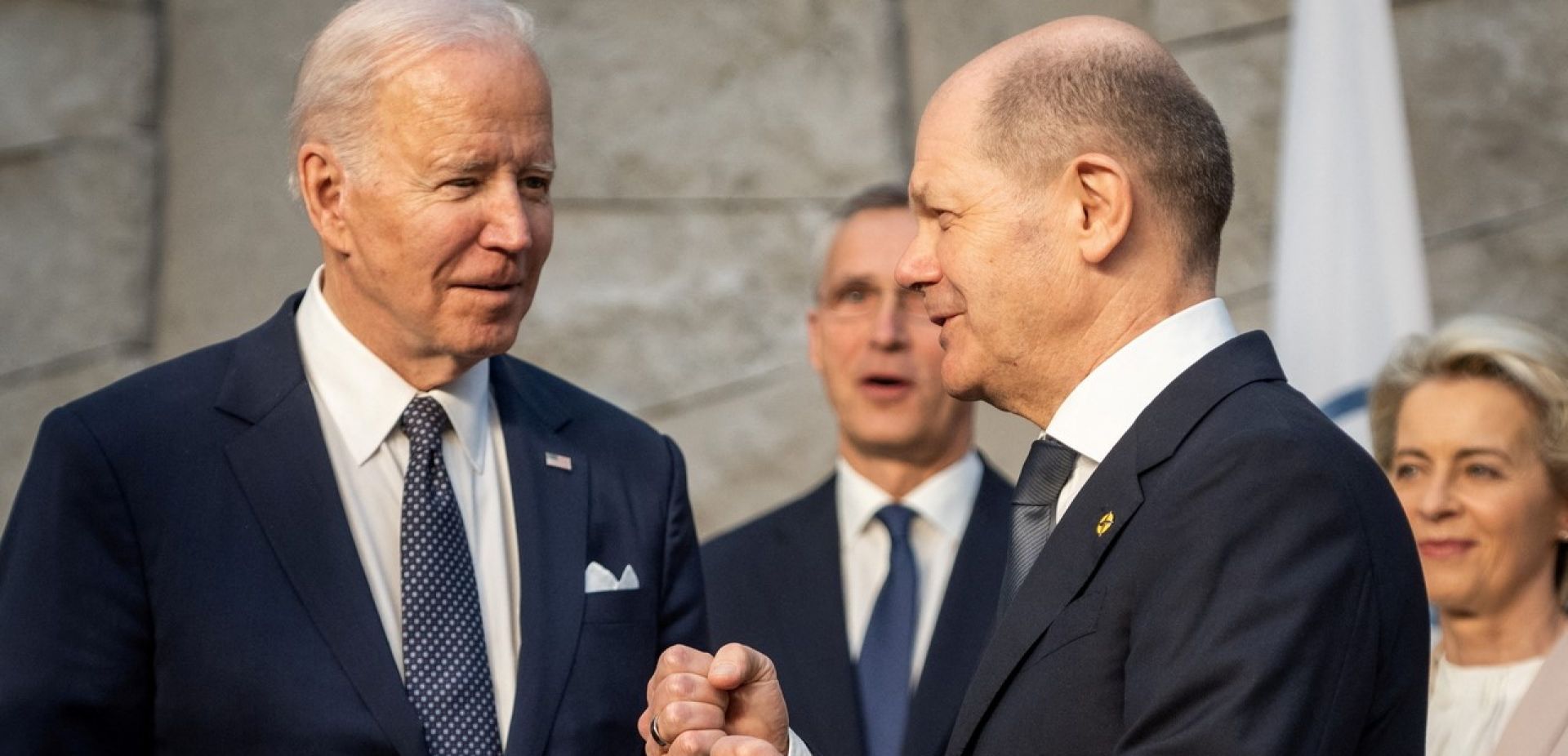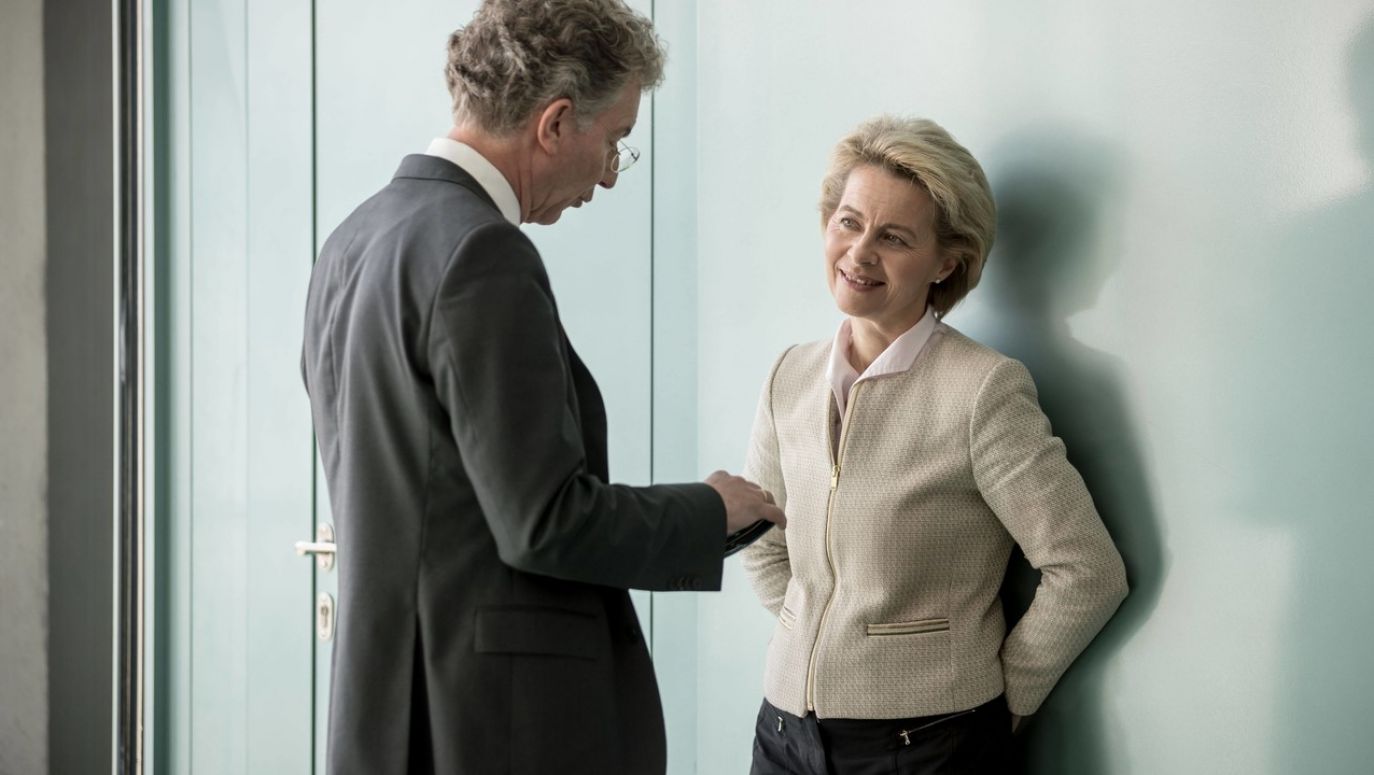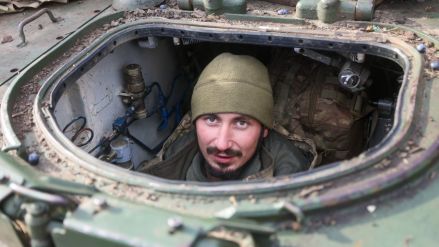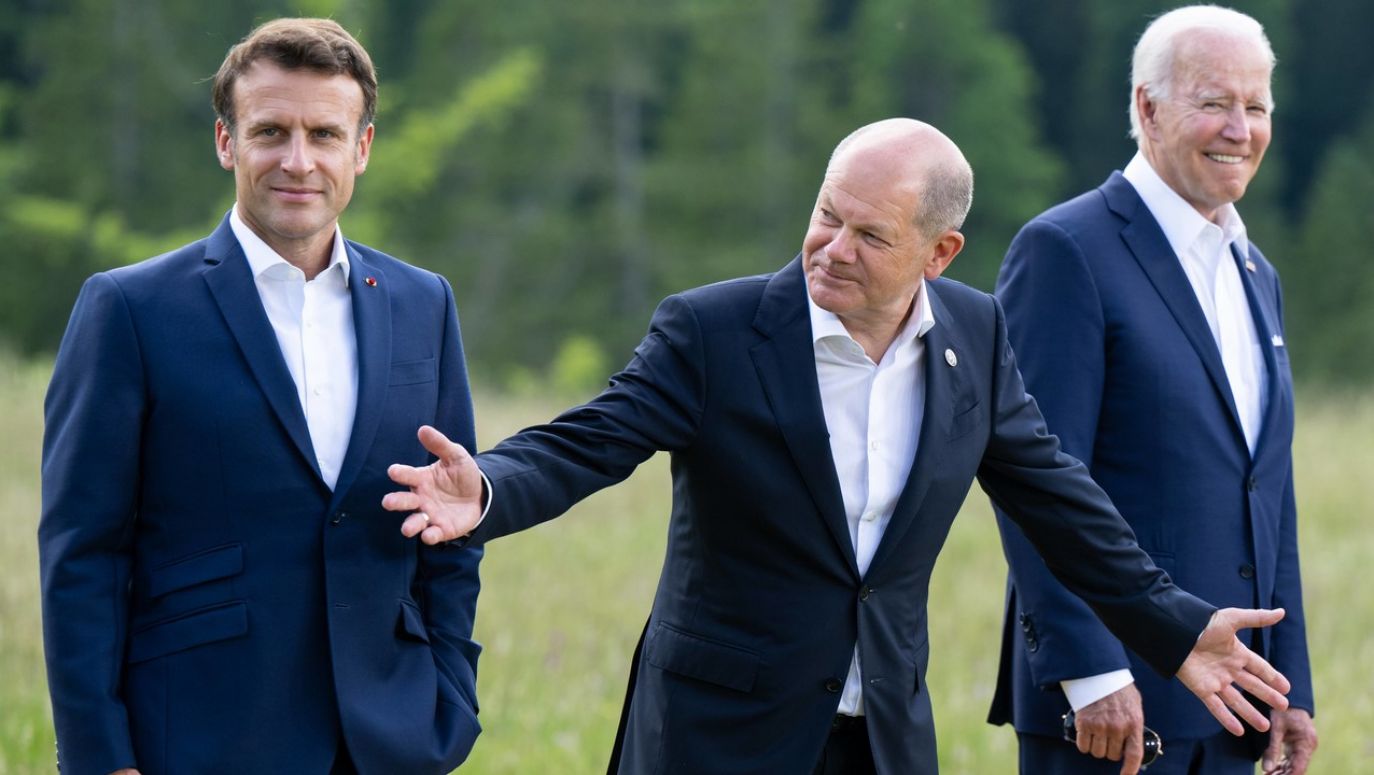As usual, such attitudes are better seen when people in less prominent positions are observed. This is because they are not so carefully draped in the PR-icing of and so their true attitudes shine through. Here is exhibit one before us.
 SIGN UP TO OUR PAGE
SIGN UP TO OUR PAGE 
Christoph Heusgen, recently head of the Munich Security Forum, previously German ambassador to the United Nations. And even before that, Chancellor Angela Merkel’s long-standing foreign affairs adviser during the period when the Federal Republic pursued its only just policy towards Russia. He wrote a highly interesting article last May, on the wave of the “Zeitenwende” – it was entitled “The war in Ukraine will be a historic turning point” and was published in the prestigious US journal
Foreign Affairs. This was at a time when Germany’s military aid to Ukraine had scarcely gone beyond the famous five thousand helmets, and fresh indignation at Merkel’s policies leading up to the Russian invasion had not yet died down. However, Heusgen did not seem overly concerned about this. His article boiled down to, no more and no less, lecturing the US on what it should do to better respond to Putin’s aggression and how it should change its mindset to make history happen “the right way”.
Particularly interesting was the author’s story from his time as ambassador to the UN. A didactic tale, so to speak. Well, as the General Assembly was about to vote on a resolution condemning the United States for its intention to move its embassy in Israel to Jerusalem, Heusgen (and he was not the only one) received a note from the American ambassador Nikki Haley saying that if his country supported the resolution, she would inform President Donald Trump. Shocked by this chicanery, the German ambassador requested a meeting with Haley and told her his story of a man born after a terrible war, growing up in a divided country and pinning his hopes on the European Union that established the rule of law, not the rule of force. After this introduction, he asked her if she already understood how astonishing it was for him to be asked to ignore international law and not vote for this resolution. This time she was –
relata refero – “shocked”. Heusgen then recounted Haley’s brief exchange with an advisor, who explained to her that Security Council resolution number 478 is legally binding and prohibits member states from placing their embassies in Israel in Jerusalem. After this consultation, the American allegedly changed the subject quickly.
Let us note in passing that Christoph Heusgen fails to mention that the Security Council resolution was voted on in 1980, under completely different political conditions in the world and, above all, in the Middle East. The United States abstained from the vote at the time, even though it could have vetoed the resolution. Nor does he mention that, alongside the option to vote against the resolution, which in his optics was in favour of violating international law, there was the option to abstain, which would have marked a distance from President Trump’s decision, but at the same time would have emphasised solidarity with the United States rather than with its opponents. This would have been a deserving diplomatic solution, but Heusgen preferred to instruct his American colleague from the position of a man who had tasted grief and is sensitive to breaking the law. Very didactic.


 SIGN UP TO OUR PAGE
SIGN UP TO OUR PAGE 








